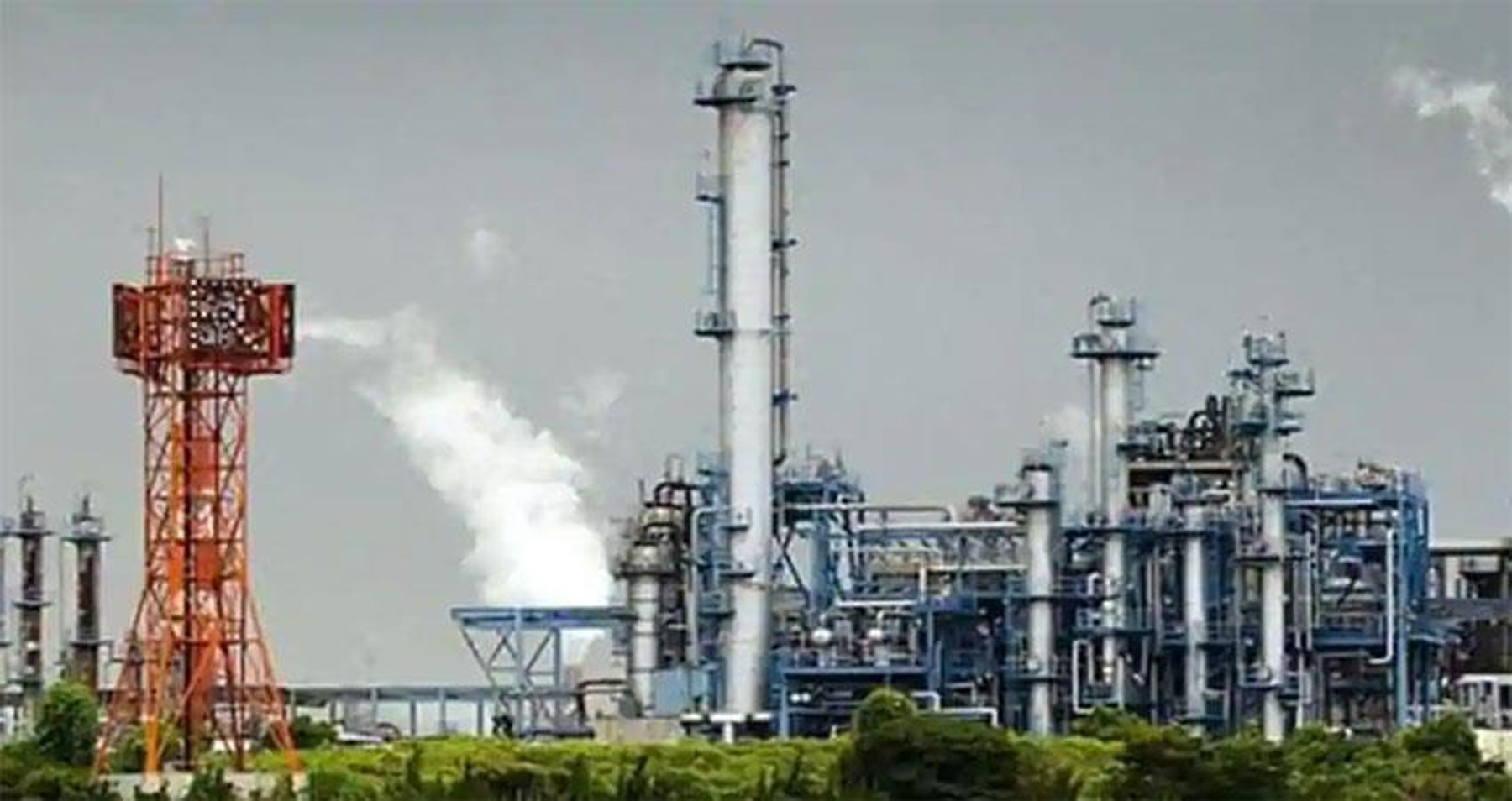Step aimed at creating suitable land bank for equitable growth
Ground work conducted under Land Allotment Policy
Mohinder Verma
JAMMU, Feb 22: For the first time in the history of Jammu and Kashmir, a total of 292 Industrial Zones have been identified across the Union Territory for creation of industrial land bank and to ensure equitable growth, which otherwise has remained a distant dream till date.
The identification of these Industrial Zones is a first step towards implementation of Jammu and Kashmir Industrial Land Allotment Policy—2021-30, which was approved by the Administrative Council headed by Lieutenant Governor Manoj Sinha vide its Decision No.10/02/2021 dated January 22, 2021.
In pursuance to the provision of the policy, the Commissioner/Secretary to the Government, Industries and Commerce Department Manoj Kumar Dwivedi has accorded sanction to the division of various blocks of Union Territory of Jammu and Kashmir into Industrial Zones to promote equitable industrial development.
“These Industrial Zones have been identified at block and municipality level after taking into consideration various factors including the existing level of industrial development, location of the proposed zone and level of urbanization”, official sources told EXCELSIOR.
Of the total 292 Industrial Zones, 150 have been identified in 10 districts of Jammu division and 142 in 10 districts of Kashmir valley. During the exercise required attention has been paid towards all those districts which failed to witness industrial development till date mainly because of least interest from the successive Governments in Jammu and Kashmir.
In Doda district, 15 blocks have been identified as Industrial Zones while as in Jammu district 20 blocks have been identified as Industrial Zones. Similarly, 19 Industrial Zones have been identified in Kathua, 13 in Kishtwar, 11 in Poonch, 19 in Rajouri, 11 in Ramban, 11 in Reasi, 9 in Samba and 16 in Udhampur.
Likewise, 16 Industrial Zones have been identified in Anantnag, 12 in Bandipora, 26 in Baramulla, 17 in Budgam, 7 in Ganderbal, 11 in Kulgam, 27 in Kupwara, 11 in Pulwama, 9 in Shopian and 6 in Srinagar. A Community Block/Municipal Corporation/Municipal Council will be the unit for Industrial Zone, read the order issued by the Industries and Commerce Department.
With this, the Industries and Commerce Department has conducted ground work under the Jammu and Kashmir Industrial Land Allotment Policy—2021-30 approved by the Administrative Council for achieving inclusive growth through sustainable industrialization and employment generation and for ensuring fair and transparent mechanism for land allotment for industrial use.
According to the sources, Chief Secretary BVR Subrahmanyam has already asked the Department of Industries and Commerce to gear up for promotion of J&K’s industrial sector.
“In a recent Committee of Secretaries meeting, the Chief Secretary revealed that the Government will be convening meetings with the prospective investors across the country in an endeavour to attract them to invest in the potential services and sectors of J&K”, they said.
The Jammu and Kashmir Industrial Land Allotment Policy was framed with the objective to address various land-related issues impeding industrial development in J&K by laying down a framework to regulate zoning of industrial areas, project appraisal and evaluation and the subsequent process flow. Moreover, the policy covers land allotment for health institutions, medi-cities and educational institutions/edu-cities.
The first of its kind policy provides for constitution of Divisional Level Project Appraisal and Evaluation Committees to scrutinize applications received for allotment of industrial land within 30 days, sources said, adding “Apex Level Land Allotment Committee, High Level Land Allotment Committee and Divisional Level Land Allotment Committee to decide and allot industrial land to the applicant within 45 days in cases of projects worth Rs 200 crore, Rs 50 to Rs 200 crore and up to Rs 50 crore respectively”.
Under the policy, land will be allotted to the investors on lease for an initial period of 40 years extendable to 99 years. The allotted land will be liable to be cancelled in case of failure of the investor to take effective steps within the stipulated time of 2 years, failure of the industrial unit to come into production within three years, violation of provisions under the lease deed and non-cooperation of an enterprise for a period of 5 years.
“The policy also provides renting out of 60% of the built-up area of a business enterprise for setting up an ancillary industrial enterprise through a tripartite agreement”, sources said.


